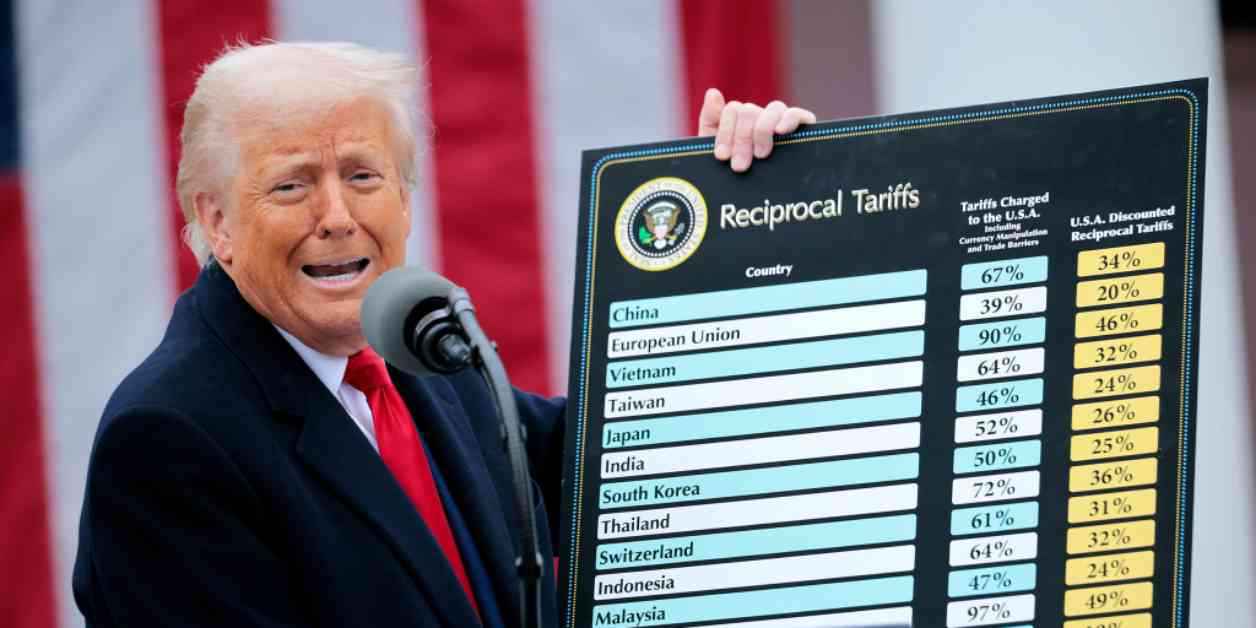Senate Republicans are facing challenges as they push forward President Donald Trump’s tax plans and other domestic spending priorities amidst concerns from some of their own members. The unexpected delay in advancing the budget plan came as centrist senators expressed worries about the budget change allowing for the extension of Trump’s tax cuts without a financial cost. This move, bypassing the Senate parliamentarian, could potentially lead to complications later in the process if ruled against. In addition, Senator Josh Hawley raised concerns about potential cuts to Medicaid, highlighting the internal divisions within the GOP.
Senate Republicans Navigate Tax Cut Strategy and Medicaid Concerns
The Senate Republicans’ efforts to move forward with Trump’s tax plans and domestic spending priorities hit a roadblock as some members expressed reservations about the strategy. The delay in advancing the budget plan, caused by concerns around tax cuts and Medicaid, underscores the challenges facing the party in reaching a consensus. The disagreement within the GOP highlights the complexities of balancing fiscal priorities and social welfare programs in the current political landscape.
Senator Josh Hawley’s apprehensions about potential Medicaid cuts shed light on the human impact of policy decisions. His direct conversation with President Trump reflects the personal stakes involved in budget negotiations and the need to address the concerns of vulnerable populations. The delicate balance between economic considerations and social welfare obligations underscores the complexity of the budgeting process and the challenges of governance in a diverse society.
Key Questions on Trump’s Tariffs
President Trump’s imposition of tariffs has sparked concerns and uncertainties about the economic implications of his trade policies. The lack of clarity surrounding the administration’s tariff strategy raises questions about the communication and rationale behind these measures. Former Rep. Carlos Curbelo’s observation that people are unclear about the plan underscores the need for transparent and coherent policy explanations to the public.
The economic fallout from Trump’s tariffs remains a point of contention, with fears of potential price hikes and market disruptions looming large. The uncertainty surrounding the tariffs’ impact on the economy prompts reflections on the necessity of policy adjustments in response to changing circumstances. Senator John Kennedy’s call for a recalibration of trade policies in case of adverse outcomes highlights the importance of flexibility and adaptability in economic decision-making.
While Trump has promised benefits from his trade policies, the timeline for realizing these gains remains uncertain. The president’s acknowledgment of a potential delay in reaping the rewards of tariffs underscores the need for patience and perseverance in navigating economic challenges. The administration’s focus on revitalizing American manufacturing raises hopes for future prosperity but also underscores the complexities of trade policy implementation.
In conclusion, the Senate Republicans’ delicate dance with budget priorities and Trump’s tariffs underscores the intricate nature of governance and policy-making in a rapidly changing world. The need for consensus-building, transparency, and adaptability in addressing economic and social challenges highlights the evolving dynamics of contemporary politics. As policymakers grapple with competing demands and uncertainties, the path forward requires a delicate balance of pragmatism and principle to navigate the complexities of a diverse society.














